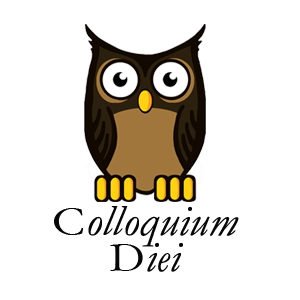 In standard characterizations, science is self-correcting. Scientists examine each other’s work skeptically, try to replicate important discoveries, and thereby expose latent errors. Thus, while science is tentative, it also seems to have a system for correcting whatever mistakes arise. It powerfully explains and justifies the authority of science. Self-correction thus often serves emblematically in promoting science as a superior form of knowledge. But errors can and do occur. Some errors remain uncorrected for long periods. I present five sets of historical observations that indicate a need to rethink the widespread mythos of self-correction. First, some errors persist for decades, wholly undetected. Second, some corrections to erroneous theories have themselves been rejected when initially presented. Third, many errors seem corrected fortuitously, by independent happenstance, not by any methodical appraisal. Fourth, some errors have fostered further serious errors without the first error being noticed. Finally, some errors have been “corrected” in a cascade of successive errors that did not effectively remedy the ultimate source of the error. In all these cases, scientists failed to identify and correct the errors in a timely manner, or according to any uniform self-correcting mechanism. These historical perspectives underscore that error correction in science requires epistemic work. An understanding of errors forms an important type of negative knowledge.
In standard characterizations, science is self-correcting. Scientists examine each other’s work skeptically, try to replicate important discoveries, and thereby expose latent errors. Thus, while science is tentative, it also seems to have a system for correcting whatever mistakes arise. It powerfully explains and justifies the authority of science. Self-correction thus often serves emblematically in promoting science as a superior form of knowledge. But errors can and do occur. Some errors remain uncorrected for long periods. I present five sets of historical observations that indicate a need to rethink the widespread mythos of self-correction. First, some errors persist for decades, wholly undetected. Second, some corrections to erroneous theories have themselves been rejected when initially presented. Third, many errors seem corrected fortuitously, by independent happenstance, not by any methodical appraisal. Fourth, some errors have fostered further serious errors without the first error being noticed. Finally, some errors have been “corrected” in a cascade of successive errors that did not effectively remedy the ultimate source of the error. In all these cases, scientists failed to identify and correct the errors in a timely manner, or according to any uniform self-correcting mechanism. These historical perspectives underscore that error correction in science requires epistemic work. An understanding of errors forms an important type of negative knowledge.



